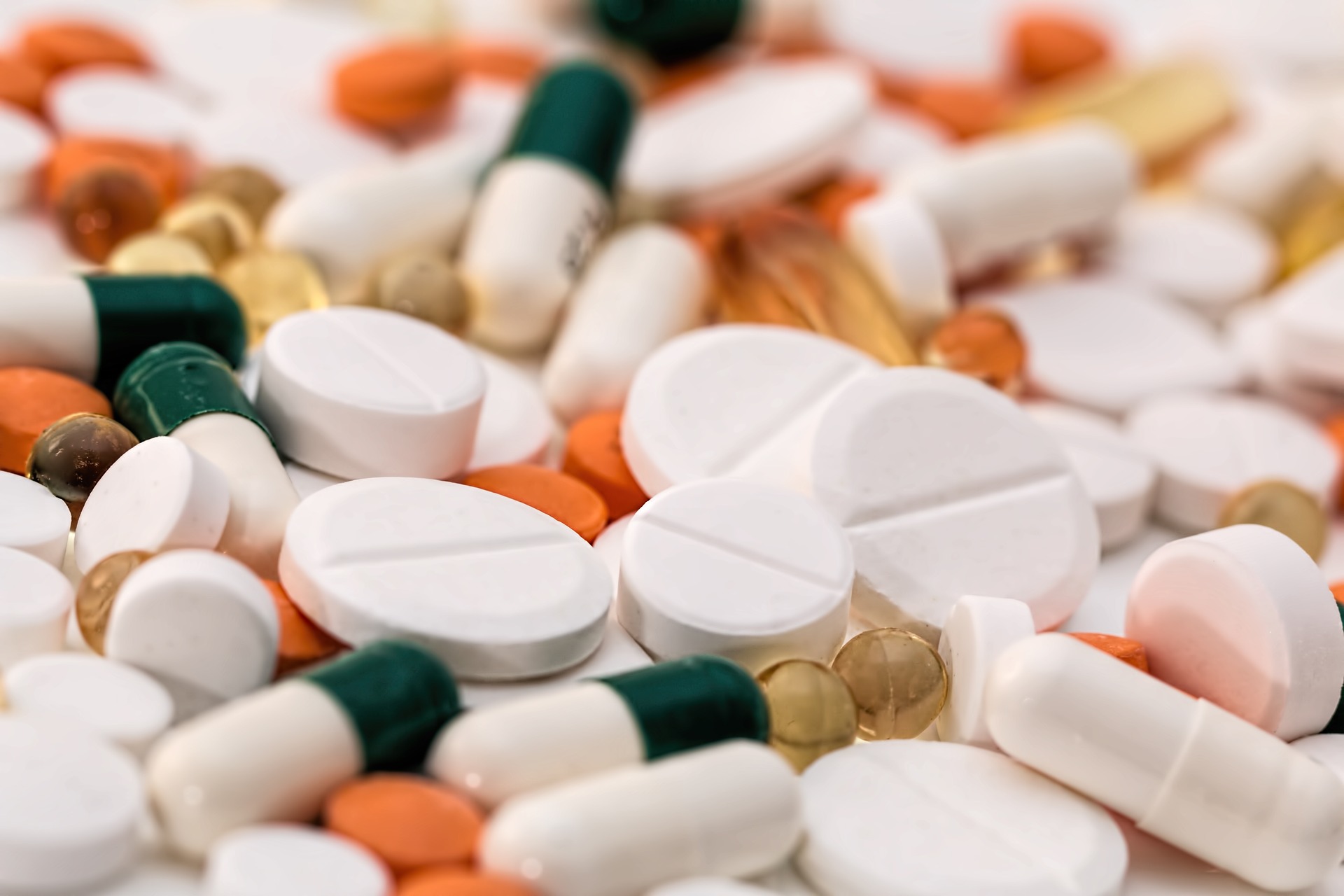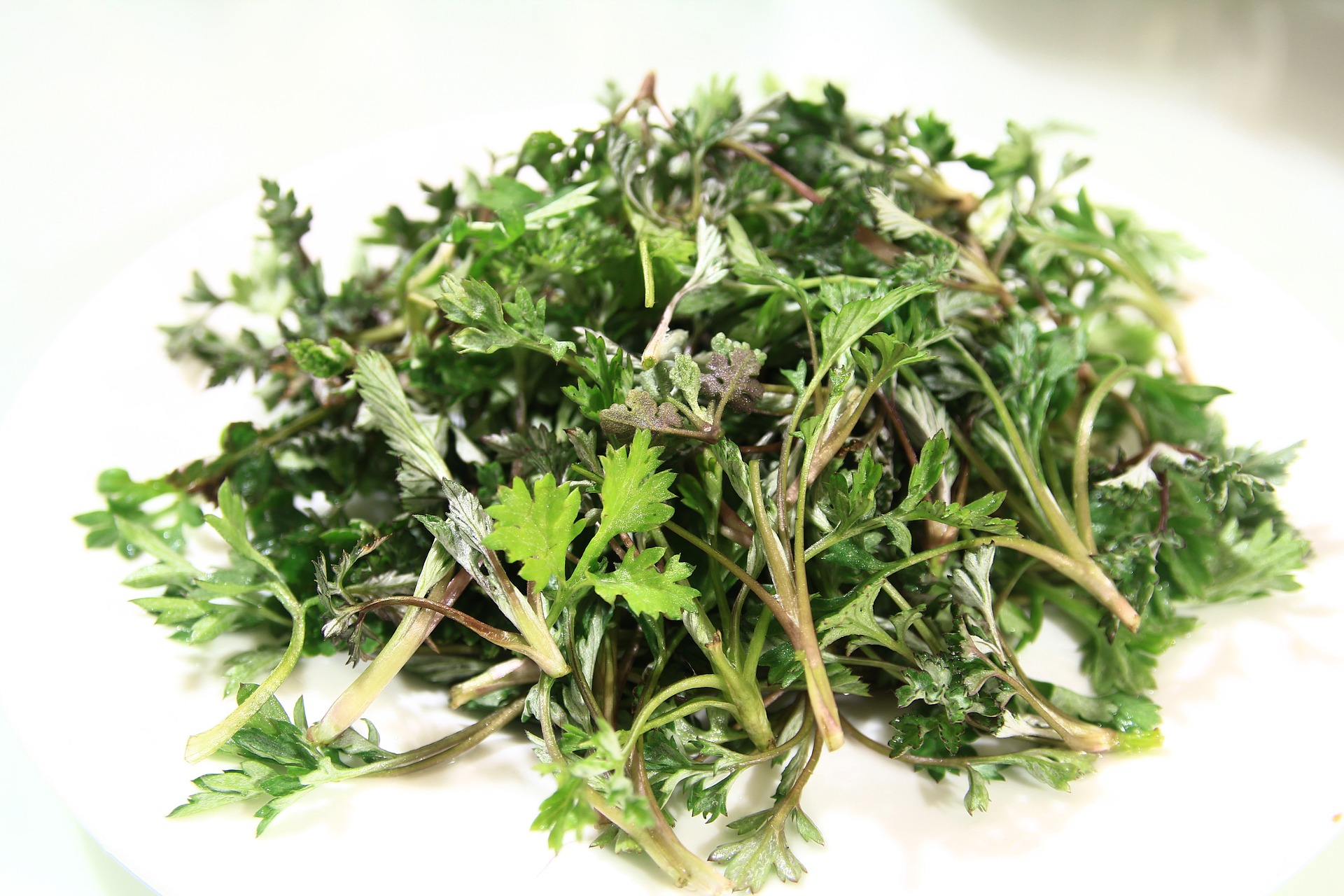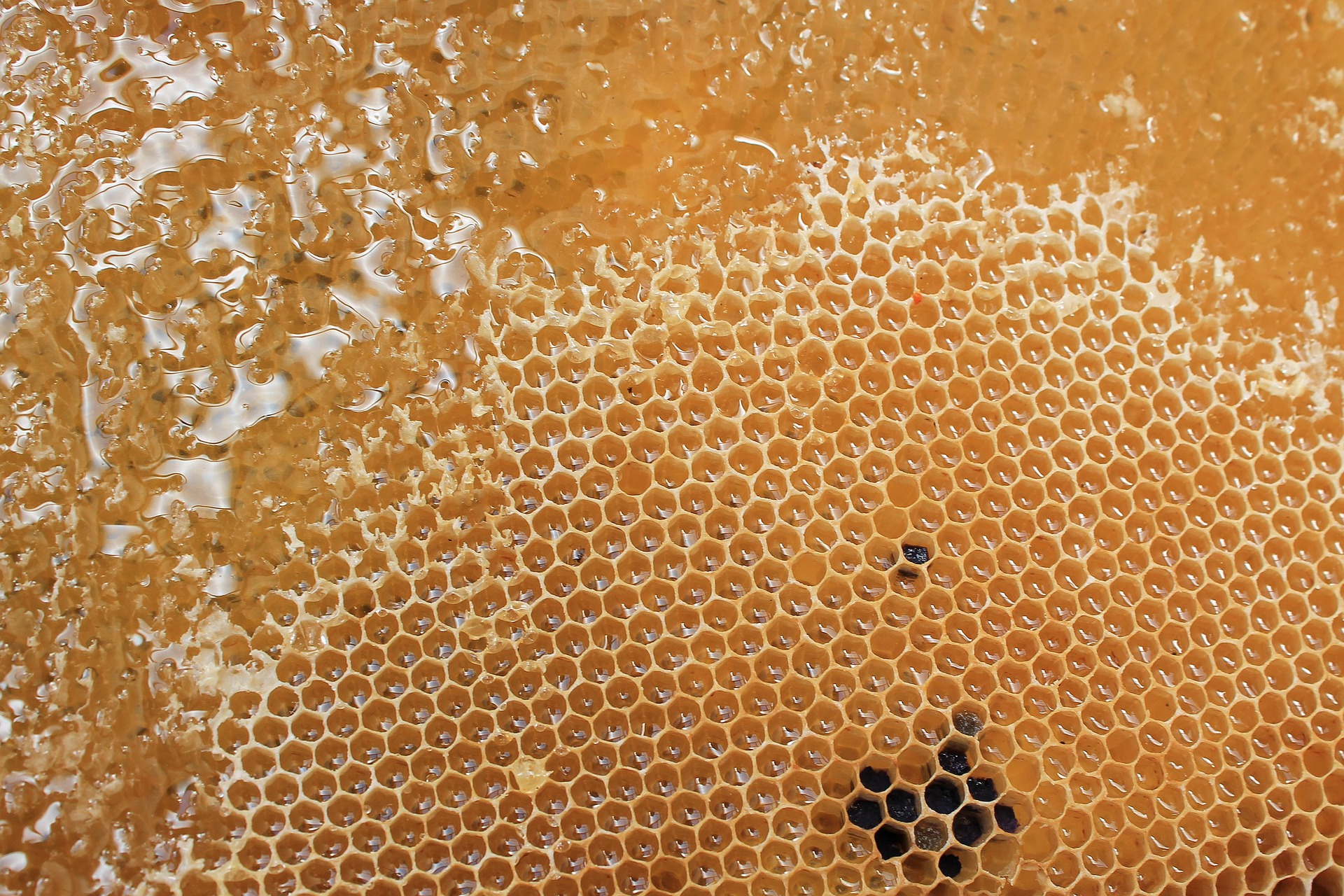Manuka Honey for SIBO | Simple and Effective Strategies
Millions of Americans are suffering from small intestinal bacteria overgrowth (SIBO) which is affecting their lives tremendously. Many are completely unaware of their SIBO condition and are blindly throwing darts at the dart board in hopes to find answers to their digestive woes.
Poor diet, gut dsybosis, overuse of antibiotics, and too many processed foods all contribute to SIBO. Unfortunately, doctors are not taught about the microbiome, gut health, or possible pathogenic fungus, bacteria, and yeast that can occur when the gut becomes imbalanced. As result, if you think you may be suffering from SIBO, don’t count on the medical system to give you answers and solutions to the problem.
With that said, SIBO can be treated naturally and effectively through diet, herbs, and specific superfoods. Once the microbiome is corrected, issues such as SIBO can naturally go away without the use of dangerous antibiotics or drugs.
What is SIBO?
For those unaware, SIBO stands for small intestinal bacteria overgrowth and it can entail several different pathogenic yeasts, fungus, and bacteria that have colonized the small intestines. When the human digestive tract is examined, it can be seen that the majority of the gut bacteria should reside in the lower intestine, while the upper intestine should remain fairly unpopulated (1).
When bacteria begin to colonize the upper intestine this condition is referred to as small intestinal bacteria overgrowth. Candia Albicans, a particular yeast found in the human digestive tract, is the main culprit when it comes to SIBO. This yeast typically poses no problems for healthy individuals with a robust microbiome.
However, candida is capable of mutating into a pathogenic fungus when the microbiome becomes unbalanced and causing issues such as candidiasis (2). When this happens, conditions such as SIBO are almost inevitable.
Symptoms of SIBO
Symptoms of small intestinal bacteria overgrowth vary from person to person but there seems to be very specific commonalities between those suffering from this condition. The following is a small list of symptoms that are typically for anyone suffering from SIBO.
Bloating after Meals
Chronic Diarrhea or Constipation
Skin Rashes after Eating
Histamine Intolerance
Food Allergies
Gas
Abdominal Pain
Irritable Bowel Syndrome (IBS)
Vitamin and Mineral Deficiencies (especially B12)
Fat Malabsorption
If you suffer from any of these symptoms, there is a possibility that you are suffering from SIBO. Developing allergies to foods that were once tolerated is a clear sign that there is an overgrowth of bad bacteria in the intestines. Research has also shown that IBS sufferers almost always have some type of pathogenic overgrowth such as candida in the digestive tract (3).
Furthermore, it’s been shown that patients suffering from chronic candida overgrowths are typically deficient in several vitamins and minerals due to malabsorption in the intestines (4).
SIBO and Antibiotics – Should you do It?
Although antibiotics can be useful in some cases when it comes to bacterial overgrowths in the intestines, we personally do not recommend it.
On the contrary, research published in Gastroenterology & Hepatology found that antibiotics reduce or eliminate the bacterial overload and reverse the mucosal inflammation associated with SIBO. However, the need for recurrent courses of antibiotics was needed in order to relieve symptoms. It was shown that improvements in symptoms only lasted 22 days before another round of antibiotics was needed (5).

This is because antibiotics never fully fix the issue. Not only do they wipe out the bad gut bacteria, but they also wipe out the good gut bacteria. This is bad news since the majority of our immune system is highly dependent on the health and integrity of our gut (6). Furthermore, this allows SIBO to come back stronger and stronger due to lack of competing good bacteria.
As a result, individuals who use antibiotics frequently are more likely to become sick and deal with digestive disorders overtime.
Herbs that Help Fight SIBO
For those avoiding antibiotics, there are several different herbs that have natural antibiotic properties. Below is a small list of herbs that can help combat SIBO both safely and effectively.
Aged Garlic Extract
Wormwood
Black Walnut
Colloidal Silver
Ginger
Goldenseal

These herbs have been used for centuries in order to treat various infections and overgrowths in the digestive tract. Colloidal silver, although not a herb, has a long history of being extremely effective.
In fact, during medieval times, royalty would frequently drink from silver cups in order to avoid the plague. It’s best to rotate herbs so that body does not build up a tolerance and to ensure you’re getting a wide array of medicinal elements found in each herb.
Treating SIBO with Diet
As mentioned before, diet plays a key role in those suffering from SIBO. If you wish to fully recover from SIBO, a proper diet must be put into place.
Personally, we recommend a traditional diet which is free from sugar, grains, processed foods, and vegetable oils, and GMO’s. High quality organic grass-fed animal foods should be highly emphasized and dark green leafy vegetables should be consumed liberally. Starchy vegetables and fruits should be consumed in moderation and preferable in season. This type of diet can have profound health benefits on the gut and can help combat SIBO.
For those interested in learning more about diet and ways to optimize the health of gut, be sure to check out The Weston A. Price Foundation. The WAPF provides extremely valuable information when it comes to traditional eating and is an extremely valuable resource to have.
Manuka Honey for SIBO
As mentioned before, there are various superfoods which can be introduced into the diet that can aid in the reduction of SIBO. Raw New Zealand Manuka honey in particular is extremely beneficial for anyone suffering from gut dsybosis caused by pathogenic overgrowth’s.
Manuka honey is considered by many experts to be the most powerful honey in the world. Its medicinal and nutritive properties are unsurpassed when compared to any other honey. It’s for this reason that researchers will frequently use Manuka honey in various health studies, knowing it will yield the best results.

Research published in Asian Pacific Journal of Tropical Biomedicine found that honey can inhibit the growth of several different candida species and was shown to have powerful anti-fungal properties (7).
Since candida is the main culprit when it comes to SIBO, raw Manuka honey can be extremely effective at fighting off this pathogenic fungus. Simply taking a few teaspoons each day can do wonders for those suffering from overgrowths of bad bacteria.
With that being said a proper diet such as the one outlined above must be followed in order to get the full health benefits of Manuka honey.

